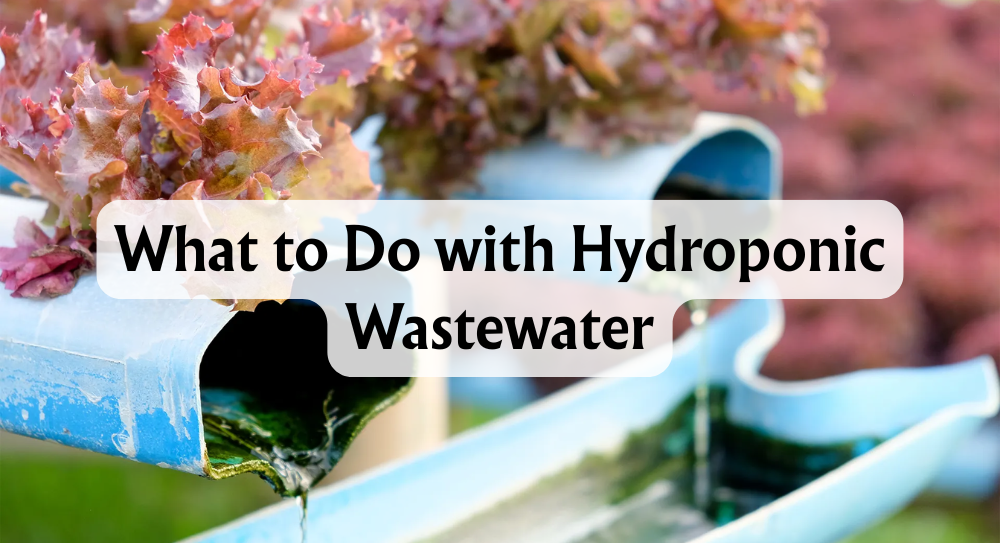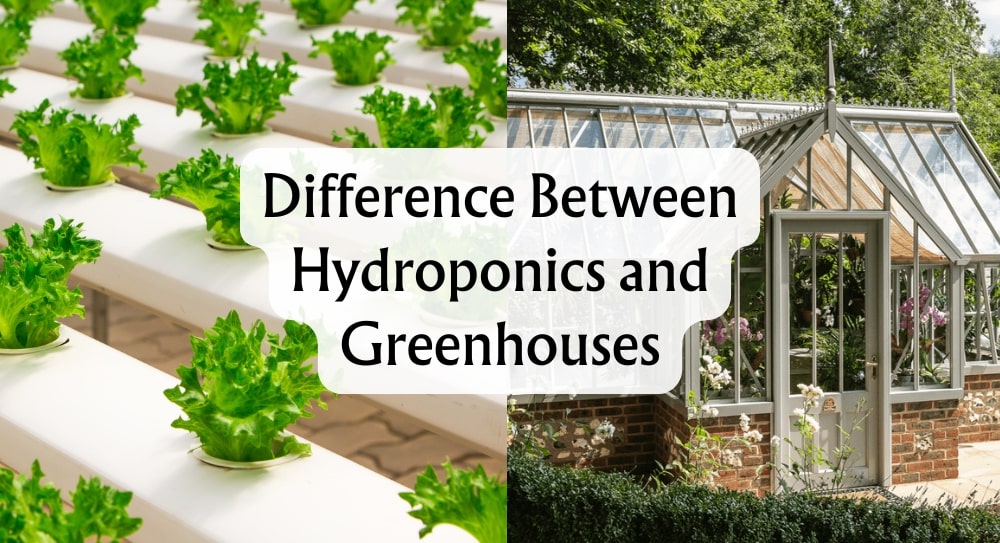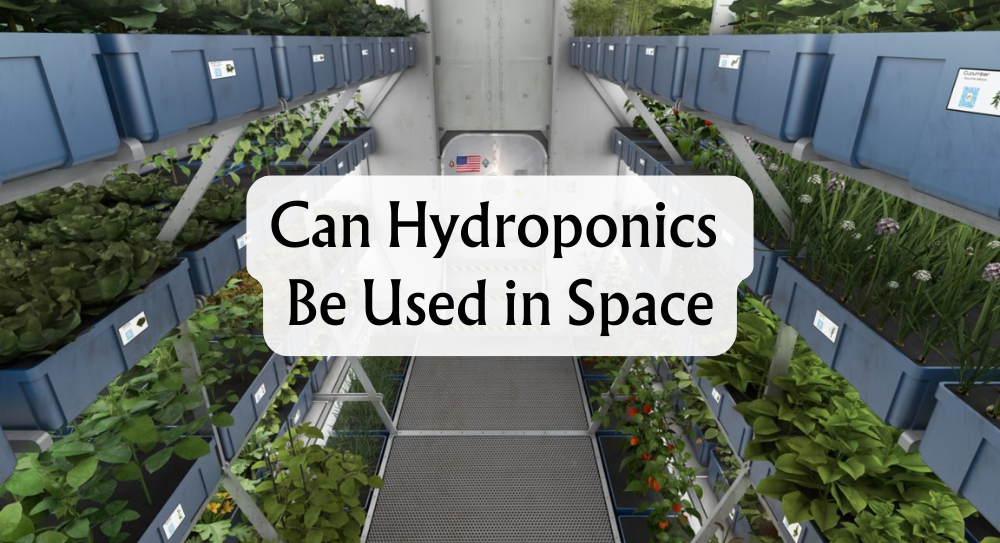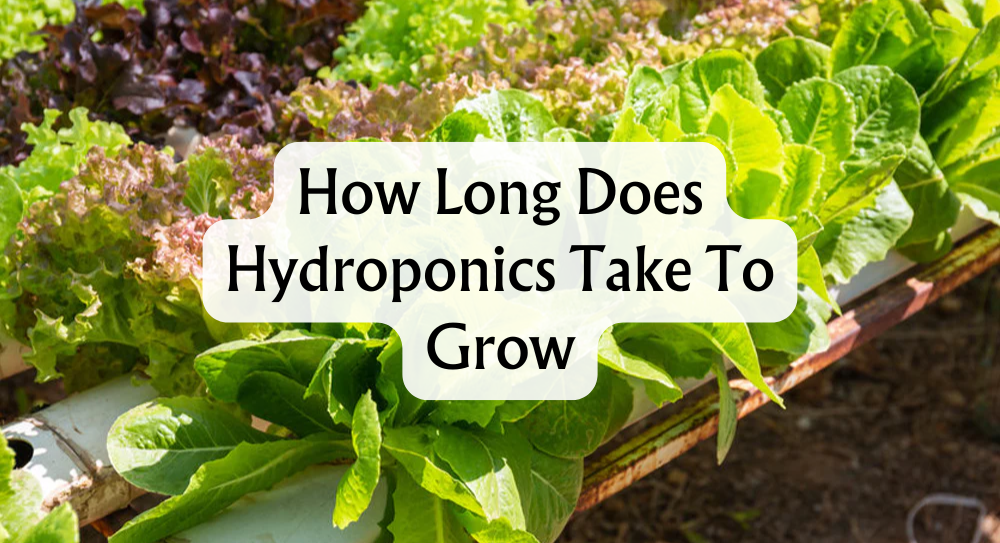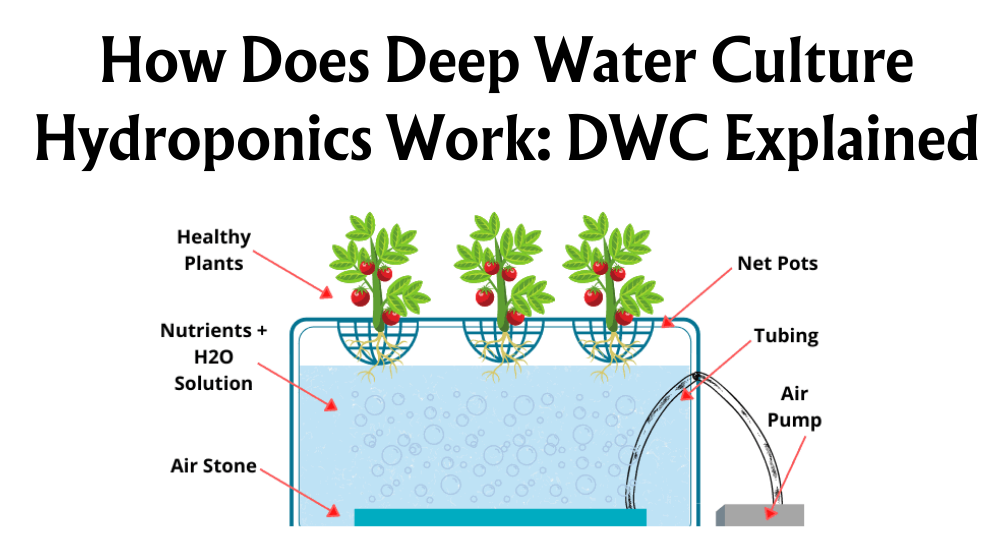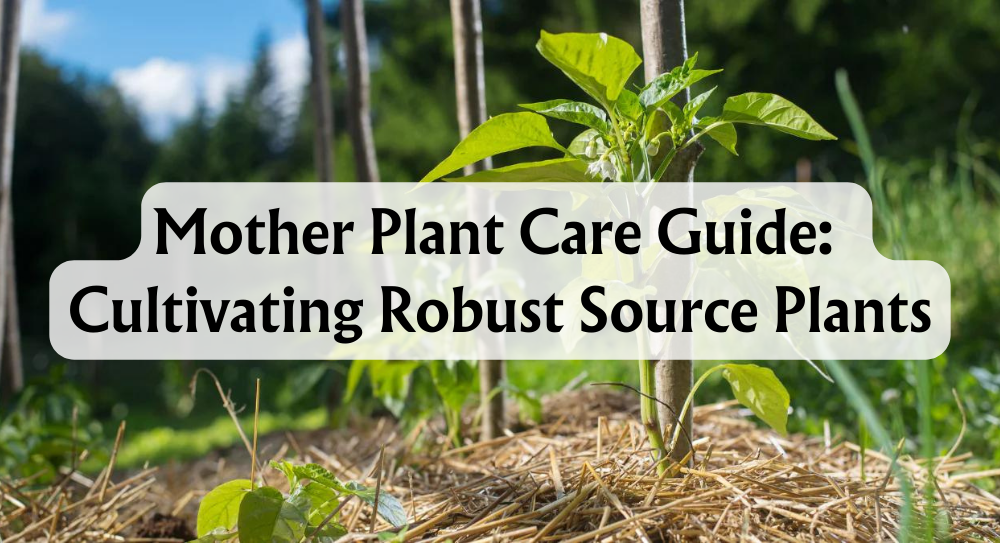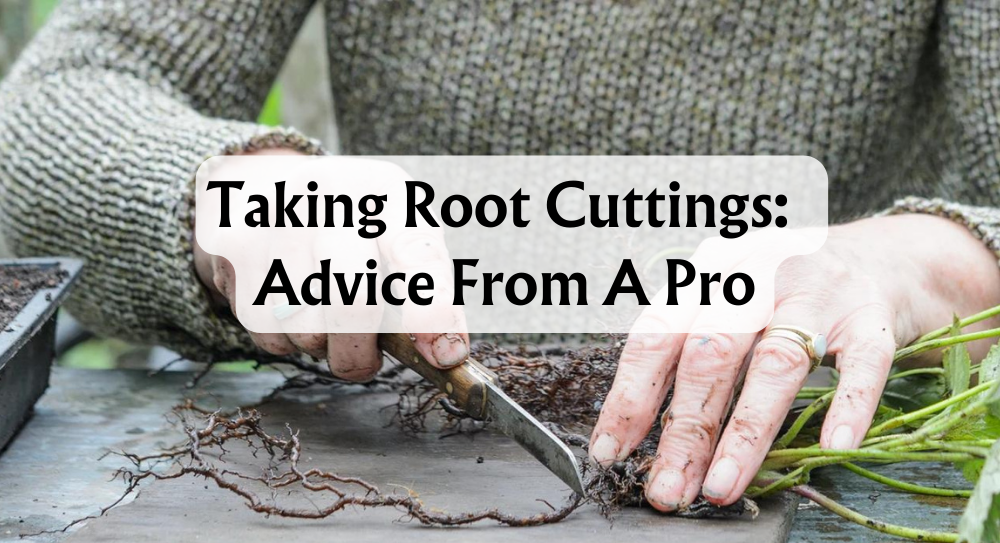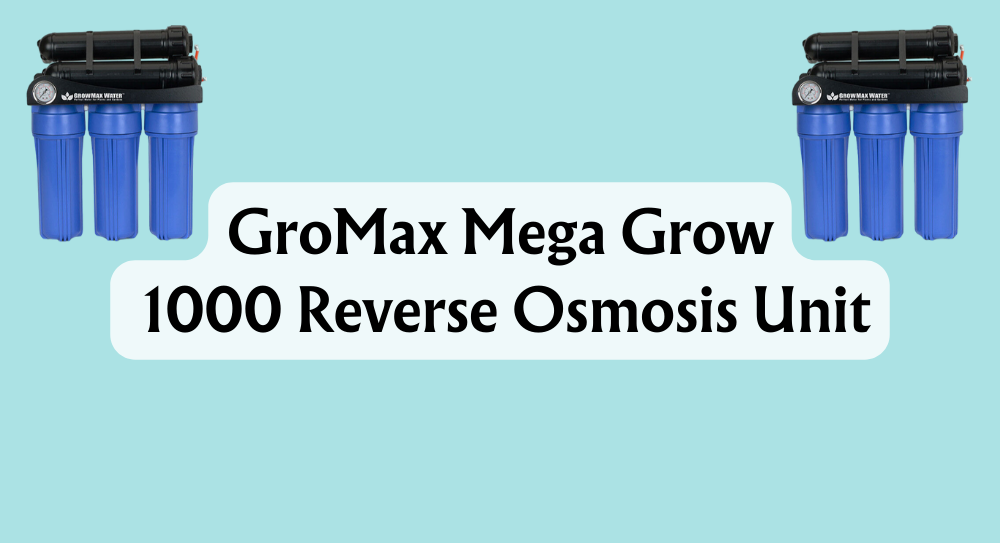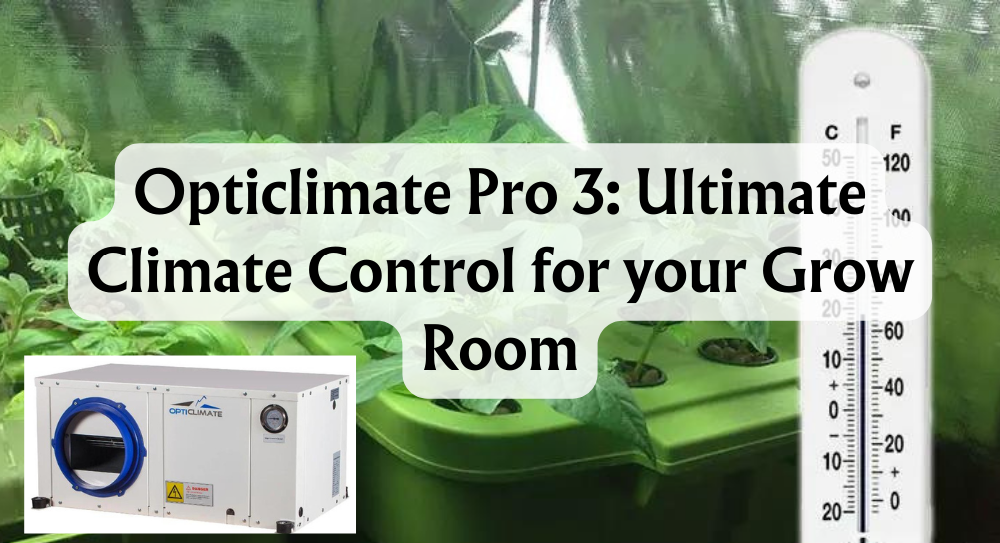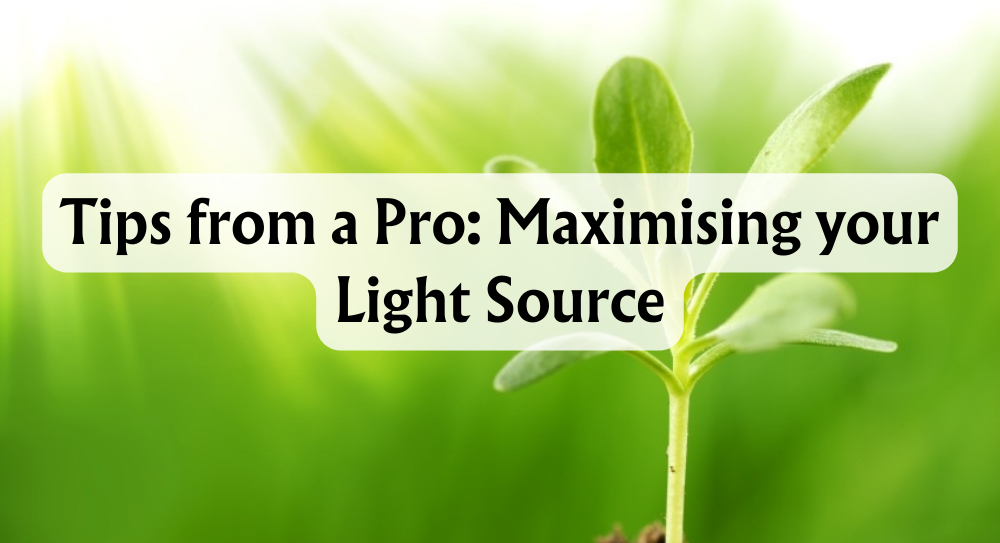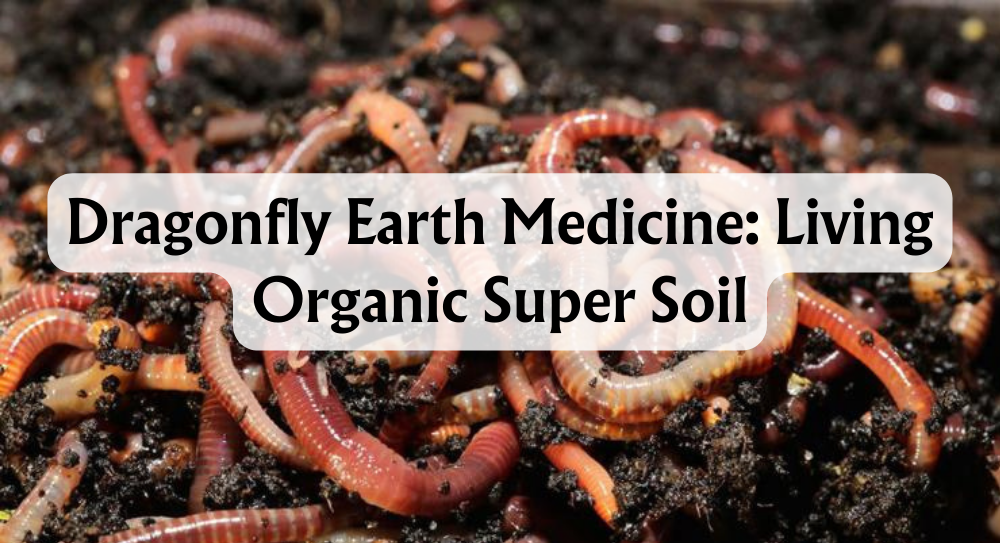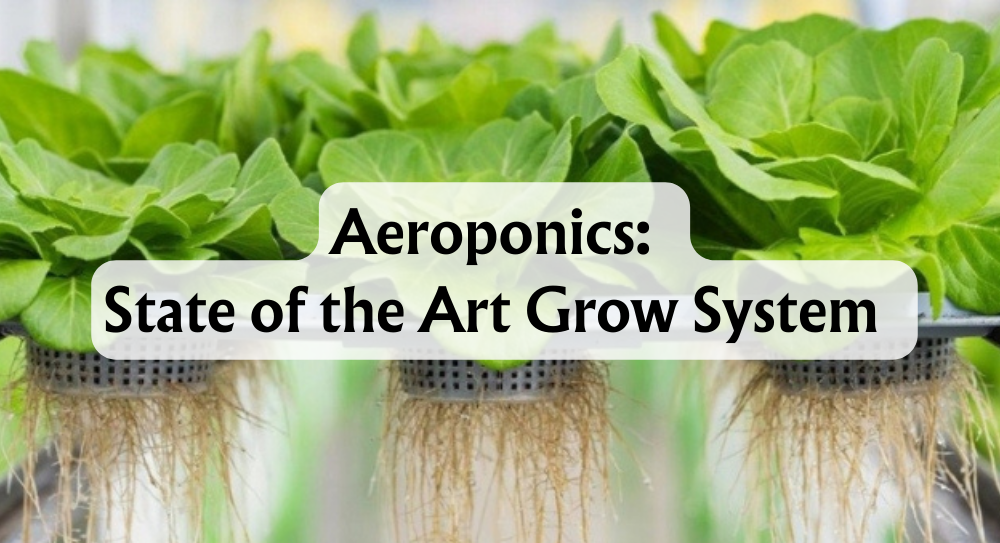In the world of modern agriculture, hydroponics stands out for its innovative approach to growing plants without soil. However, one challenge faced by many gardeners is how to manage hydroponic wastewater effectively. Improper disposal can harm the environment and breach legal regulations. As concern for our planet grows, finding sustainable solutions for wastewater management is more crucial than ever.
Our journey through hydroponics reveals that while these systems offer immense promise in enhancing food security, they also generate waste that needs careful handling. Filtering out minerals and other contaminants is a safe way to purify water before disposal. Some gardeners even use reclaimed water for additional irrigation, turning a waste product into a resource.
By addressing these challenges with practical solutions, we ensure that our hydroponic adventures remain environmentally friendly and compliant with regulations. Whether you're a seasoned hydroponics enthusiast or just starting, understanding how to deal with wastewater efficiently is essential to maintaining a sustainable system.
Key Takeaways
- Proper disposal of hydroponic wastewater is crucial for sustainability.
- Filtering and reusing water can transform waste into a resource.
- Managing hydroponic waste ensures legal and environmental compliance.
How Not to Dispose of Hydroponic Wastewater
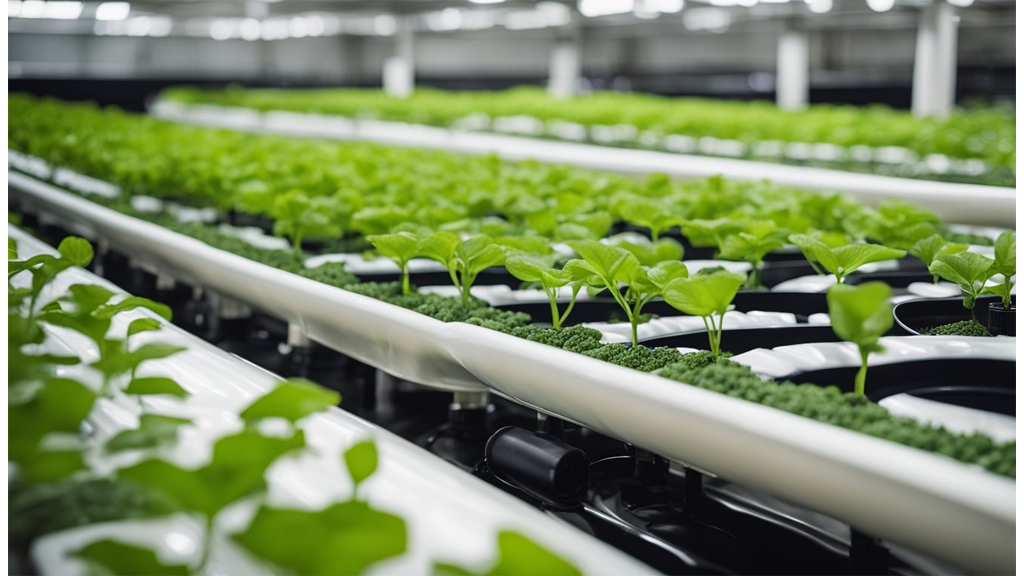
Direct Disposal into Drains or Natural Water Bodies
We should absolutely avoid pouring hydroponic wastewater straight into drains or rivers. This can lead to environmental issues such as eutrophication, where excess nutrients like nitrogen and phosphorus promote algae overgrowth. This depletes oxygen in the water, harming aquatic life and disrupting ecosystems.
Legal consequences can be severe. Improper disposal practices may result in fines and penalties. Authorities enforce strict guidelines to prevent nutrient pollution, making it important for us to be aware of these regulations.
Uncontrolled Soil Application
Applying wastewater directly to soil without any control measures poses risks. Nutrient runoff can occur, potentially contaminating local water sources. This not only affects water quality but can jeopardise nearby plants and animals inhabiting these areas.
Wastewater with high nutrient content can upset the balance of soil nutrients and harm soil health. Over time, this might degrade the soil's ability to support healthy plant growth.
Water Treatment and Treatment Methods
We must consider responsible wastewater treatment methods. Using commercial reverse osmosis or other filtration systems can significantly reduce harmful contaminants. Hydrothermal liquefaction and nitrification are advanced technologies that could offer potential solutions by transforming the wastewater into new forms.
How to Properly Dispose of Hydroponic Wastewater
Managing hydroponic wastewater effectively ensures we reduce environmental impact while making the most of available resources. By using methods like reverse osmosis filtration and creative reuse strategies, we can treat and repurpose wastewater efficiently.
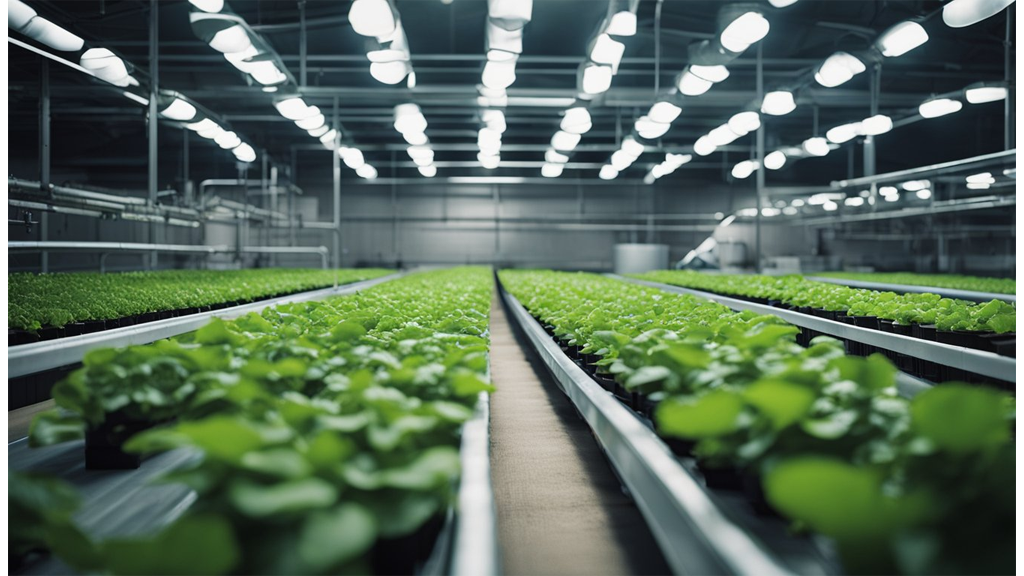
Dilute and Reuse Nutrients
Reusing hydroponic wastewater is a smart way to conserve resources. By diluting wastewater with an equal amount of fresh water, we can decrease nutrient concentration. Applying this diluted solution to potted plants ensures that the nutrients can be used by the plants while limiting potential runoff.
For example, a small-scale grower found success by applying these methods to indoor ornamental plants. This not only saved water but also enhanced plant health. This approach is especially beneficial for plants such as lettuce, boosting growth without the need for fresh nutrients.
Reverse Osmosis (RO) Filtration
Filtering wastewater through reverse osmosis (RO) systems is another effective strategy. These systems remove dissolved salts and impurities, making the water suitable for reuse in hydroponic systems. With RO, we can recycle water, reducing the discharge of nutrient-rich effluents.
While RO systems provide environmental benefits, it's important to consider the investment and maintenance costs. Additionally, managing the brine by-product is essential. RO is a wise choice for resource conservation in our hydroponic systems.
Applying to Other Potted Plants
Utilising wastewater as a nutrient source for non-hydroponic plants is both efficient and eco-friendly. By repurposing the wastewater, we can provide essential nutrients to support plant growth.
It's crucial to dilute the solution adequately to match the nutrient needs of specific plants, like Lactuca sativa. Monitoring soil condition helps prevent nutrient overload. This practice can significantly enhance our agricultural efforts by optimising nutrient cycling.
Outdoor Disposal
Controlled outdoor disposal is a practical method for managing hydroponic wastewater. Applying diluted wastewater to soil areas ensures nutrients are absorbed without the risk of runoff into water bodies.
Constructed wetlands offer another sustainable option. By using artificial wetlands with plants such as common reed, we can naturally filter wastewater. A community garden's implementation of this system not only improved water quality but also fostered biodiversity.
Additionally, integrating wastewater into compost systems enhances nutrient cycling and enriches soil health. For instance, a small farm successfully incorporated hydroponic wastewater into composting, reducing reliance on chemical fertilizers. These methods exemplify our commitment to sustainable agricultural practices.
Conclusion
When it comes to managing hydroponic wastewater, there are various environmentally responsible methods we can employ. Reclaiming water and nutrients is a viable option to minimise waste. We can recover nutrients from wastewater for reuse, which can contribute to more sustainable growing practices.
Sustainable Practices:
We should embrace sustainable practices not just for our crops, but for ecological health too. These practices help conserve resources and reduce pollution. By following these methods, we contribute positively to the environment and potentially lower operating costs.
Methods to Consider:
- Wastewater Treatment: Utilising hydroponic systems to treat partially processed wastewater can be effective.
- Nutrient Recovery: Less than 11.5% of nutrients can currently be recovered, but advances are ongoing.
- Microalgae Cultivation: Using nutrient-rich wastewater to grow microalgae offers another sustainable solution.
Regulatory compliance is crucial in hydroponic operations. We must adhere to regulations that promote eco-friendly practices and contribute to long-term environmental stewardship. By adopting these methods, we can ensure that our practices not only support the health of our crops but also our planet.







 Store Locator
Store Locator
